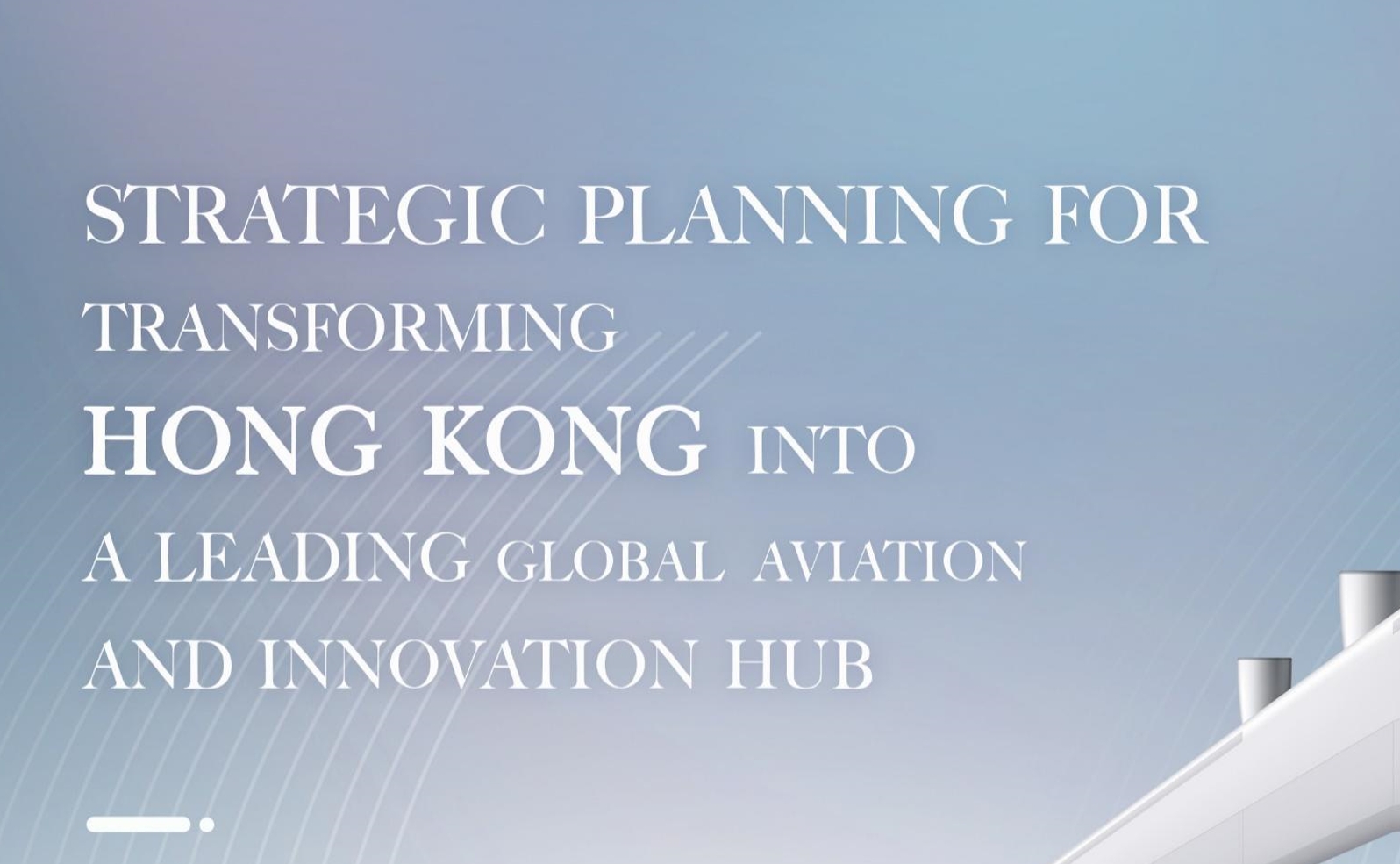


Link to the Final Report
Executive Summary:
The policy research team conducted a detailed Strengths-Weaknesses-Opportunities-Threats (SWOT) analysis to examine the current development and application of aviation technologies, and to evaluate the strategic position of Hong Kong in global aviation technology and innovation. As an internationally recognized air transportation hub, Hong Kong has robust aviation infrastructure, extended flight networks, and existing technological tools to provide quality and efficient passenger travel experiences as well as air cargo and logistics services. With salient government supports and regional synergies, Hong Kong has established a strong foundation for the technological transformation of its aviation industry.
Despite its inherent strengths and leadership in the aviation industry, multiple internal factors hinder Hong Kong’s transformation into an aviation innovation and technology hub. These factors include a lack of comprehensive technology system, an immature startup environment, a narrow local aviation market, and insufficient government support. In many cases, Hong Kong lacks the necessary talents, experience, collaborations, channels, facilities, and resolve to sustain this transformation. Because aviation is strategic key industry, the Hong Kong Government has an indispensable role and responsibility. However, the Government’s lack of enthusiasm in similar previous initiatives has undermined the confidence of local and international stakeholders.
In addition, Hong Kong has various external opportunities to sustain its leading position in Asia’s aviation industry and transform into a global aviation hub. The Chinese central government’s measures to support technological development in Hong Kong, combined with the latter’s potential to develop a technology platform through industry-academia collaboration, would cement its status as a technological innovation hub. Additionally, with China’s support, Hong Kong would effectively integrate into the Greater Bay Area and would be able to leverage the region’s abundant demographic and economic resources.
Nevertheless, Hong Kong's aviation industry still faces multiple external threats. Under the intensified geopolitical environment and technology sanctions by Western countries, Hong Kong’s technology and industry development may face a technology blockade, as it has long relied on foreign technologies. Regional economic transformation is narrowing Hong Kong’s market and leadership in the global re-export business. The associated aviation logistics market is also under pressure due to lower profit margins. Hong Kong’s aviation hub position is also facing challenges from emerging markets. These new challengers are rapidly expanding their market with heavy investments in aviation innovation and technology. The industry expects greater competition from these locations in the near future. Geopolitical tensions including the pandemic, the US-Sino conflict, and the Ukraine-Russia war, may continue to weigh on Hong Kong’s economy, and in turn on its status as a global aviation hub. Additionally, Singapore’s investments and advancement in aerospace technology combined with its attractiveness for foreign investments competes with Hong Kong’s status as a global aviation hub.